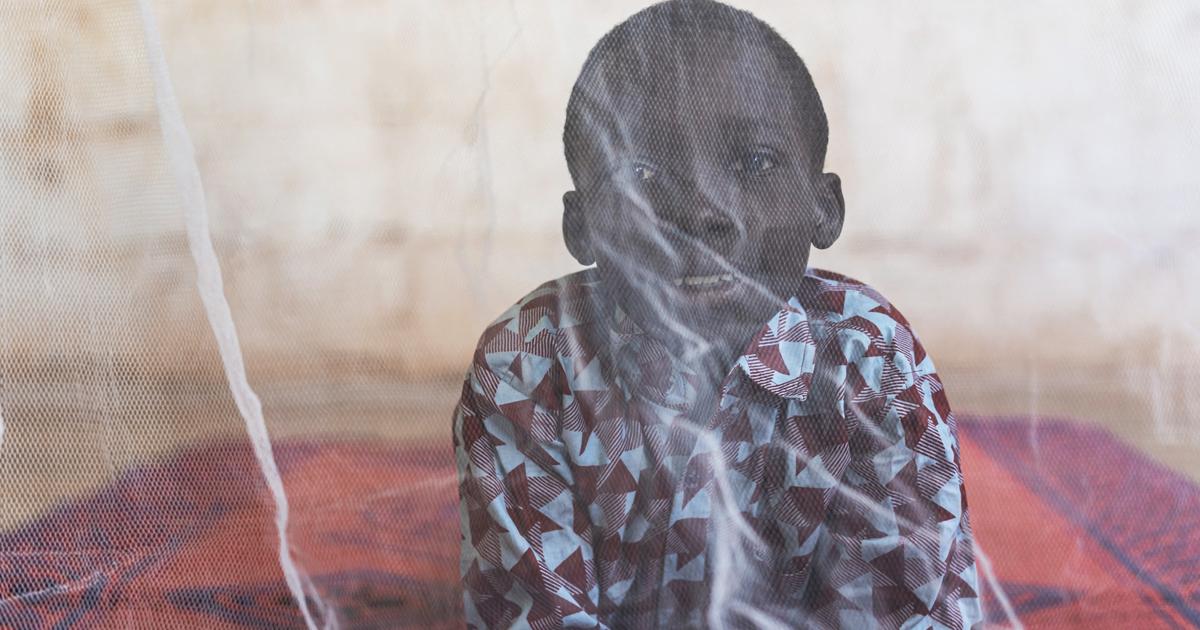New nets coated with a new generation pyrrole insecticide in combination with the standard pyrethroid insecticide were found to be much more effective in fighting malaria. Evaluation of two clinical trials and five pilot studies showed the new nets improved malaria control by 20 to 50 percent in countries reporting insecticide resistance in sub-Saharan Africa.
The initiative was financed by Unitaid and the Global Fund to fight AIDS, tuberculosis, and malaria and led by the Innovative Vector Control Consortium. According to the latest figures from the World Health Organization (WHO), 249 million cases of malaria and 608,000 deaths were recorded in 2022, with the majority of cases occurring in Africa. Nearly half a million children in this part of the African continent die each year from the disease caused by a parasite transmitted by mosquitoes. The additional cost per case of malaria averted by the new nets compared to standard nets was between $0.66 and $3.56. At the same time, the reduction in malaria cases and deaths attributed to the new bed nets "equals a potential savings of $28.9 million for health systems," the groups said.

